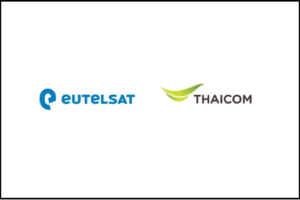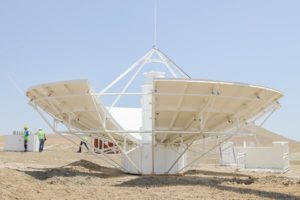 Ericsson and Huawei have been selected by the Tender Board to undertake the rollout of the highly-anticipated TD-LTE telecom technology in the Sultanate on behalf of Omantel.
Ericsson and Huawei have been selected by the Tender Board to undertake the rollout of the highly-anticipated TD-LTE telecom technology in the Sultanate on behalf of Omantel.
Ericsson Oman LLC, with a bid of RO 13.937 million, and Huawei Tech Investment (Oman) LLC, with a bid of RO 11.357 million, led a field of five contenders for the Omantel contract.
Also vying for a share of the lucrative package were Nokia Siemens Networks, ZTE Corporation and Alcatel – Lucent France.
Last month, the Tender Board approved the bids of Ericsson and Huawei for Omantel’s contract to design, supply, install, integrate, test and commission all of the hardware and software linked to the rollout of high-speed wireless broadband services based on TD-LTE technology.
TD-LTE or Time Division-Long Term Evolution corresponds to 4G mobile telecommunications technology. When commercially available, it widely expected to promote the rapid and widespread uptake of mobile broadband services, while enhancing penetration rates across the country.
Significantly, the contract award comes nearly two years after Omantel announced the successful trial of TD-LTE technology for the first time in the Sultanate.
That demo, which was held against the backdrop of the Salalah Tourism Festival in Dhofar Governorate, was followed up by a second trial during the Comex ICT exhibition last year.
The results of both tests were found to be very encouraging, with the technology delivering speeds in excess of 100 Mbps.
According to experts, the TD-LTE technology selected by Omantel for introduction in the Sultanate is a superior version of the primary LTE technology.
Telecom operators in some 15 countries had already rolled out the primary LTE version before an upgrade — the TD-LTE – came on the market in 2011.
Omantel was also among the first lot of Arab telecom operators to sign up to the TD-LTE technology — a distinction that was confirmed when the operator joined the Global TD-LTE initiative (GTI) in June last year. GTI represents a grouping of global operators that have come together to promote the TD-LTE ecosystem as a major broadband technology and to drive the additional development of TD-LTE networks.
Omantel said at the time that its inclusion in the Initiative would enable the company to contribute to the development of TD LTE, as well as to leverage the technology, alongside other complimentary technologies, to make broadband services something all in Oman can access and use.
Underscoring the strong demand for LTE-based broadband services, the number of LTE subscribers in the Middle East is projected to reach 7.49 million by 2015, up from 0.11 million as of end-2011.
May 9, 2025











